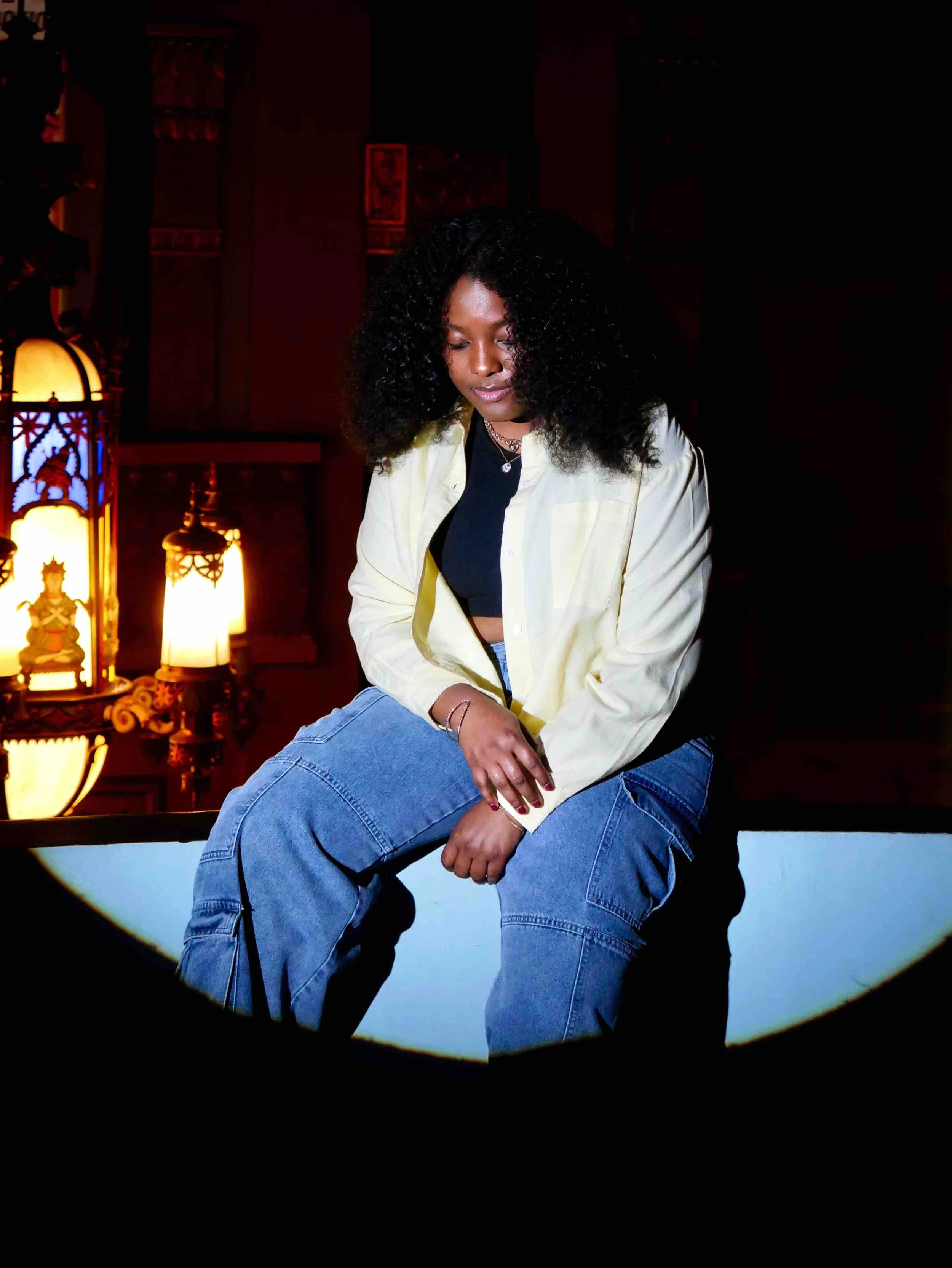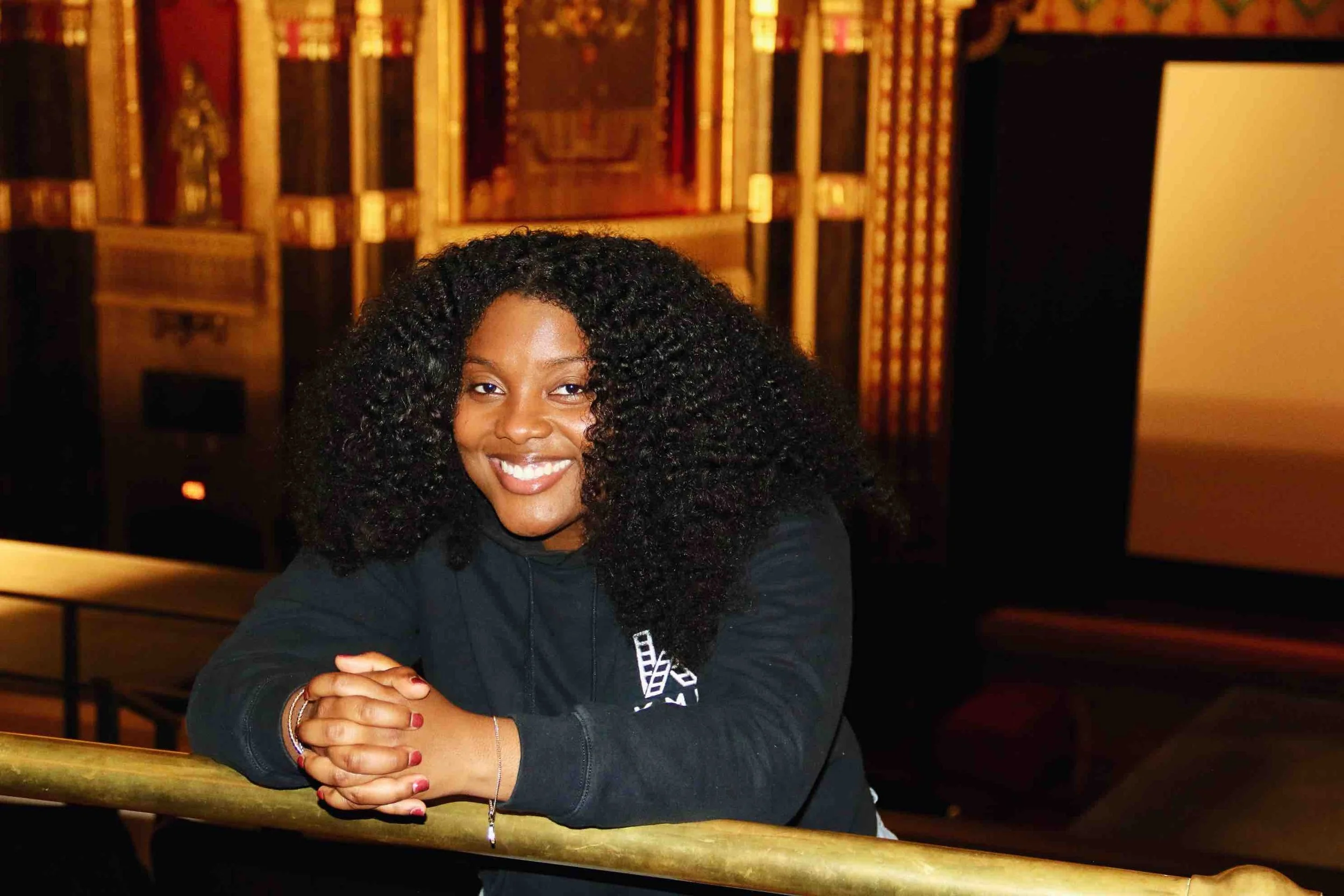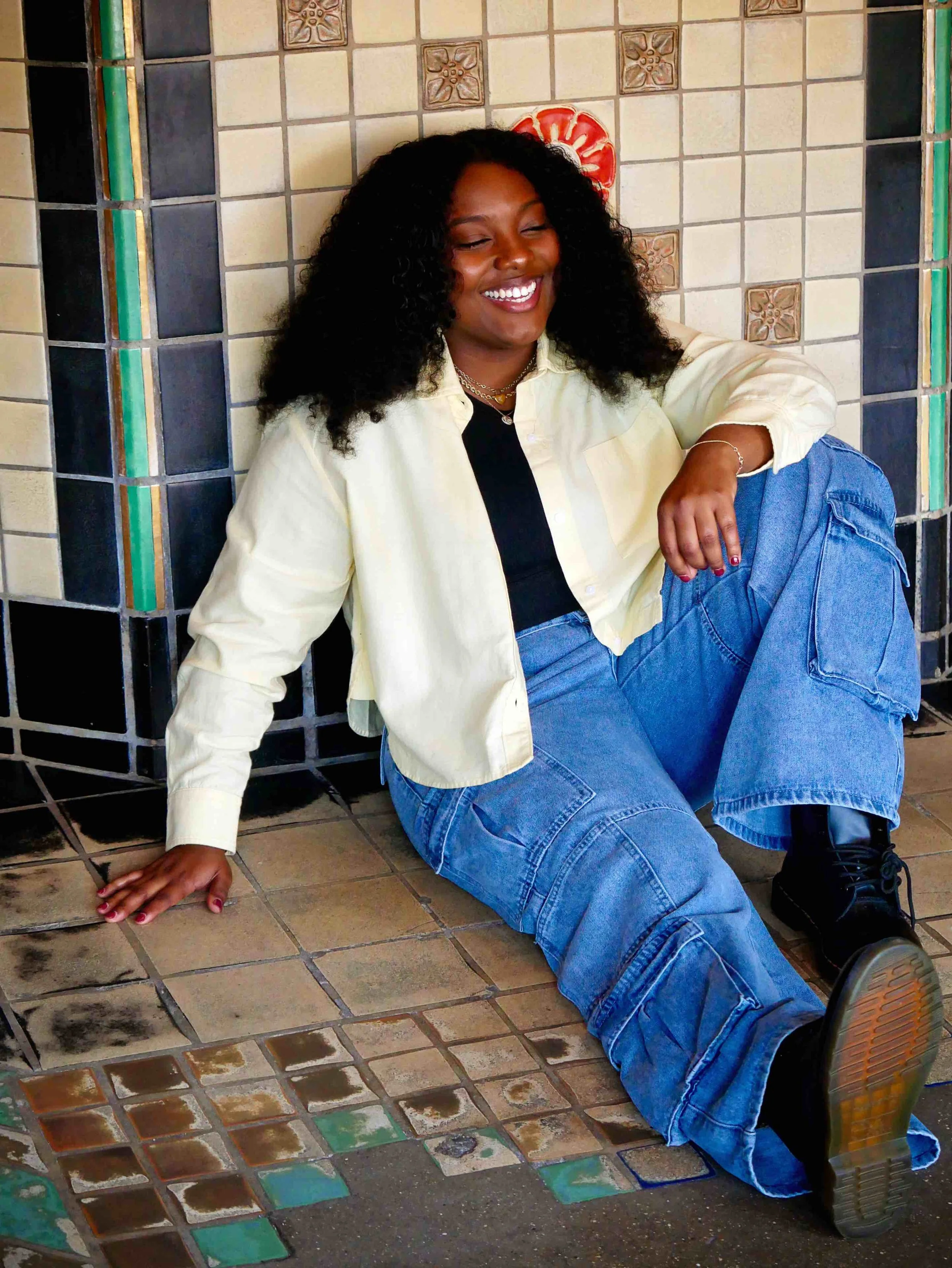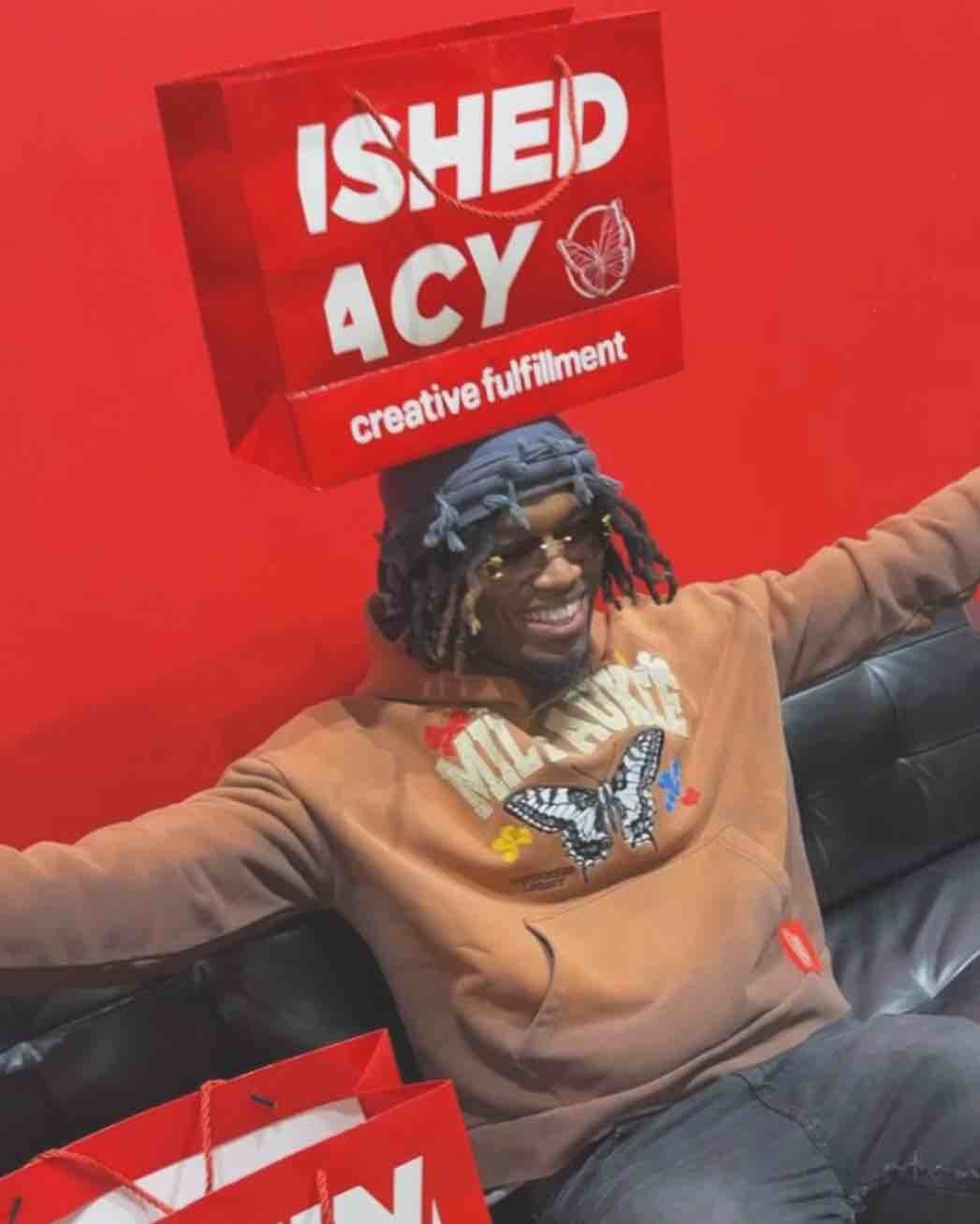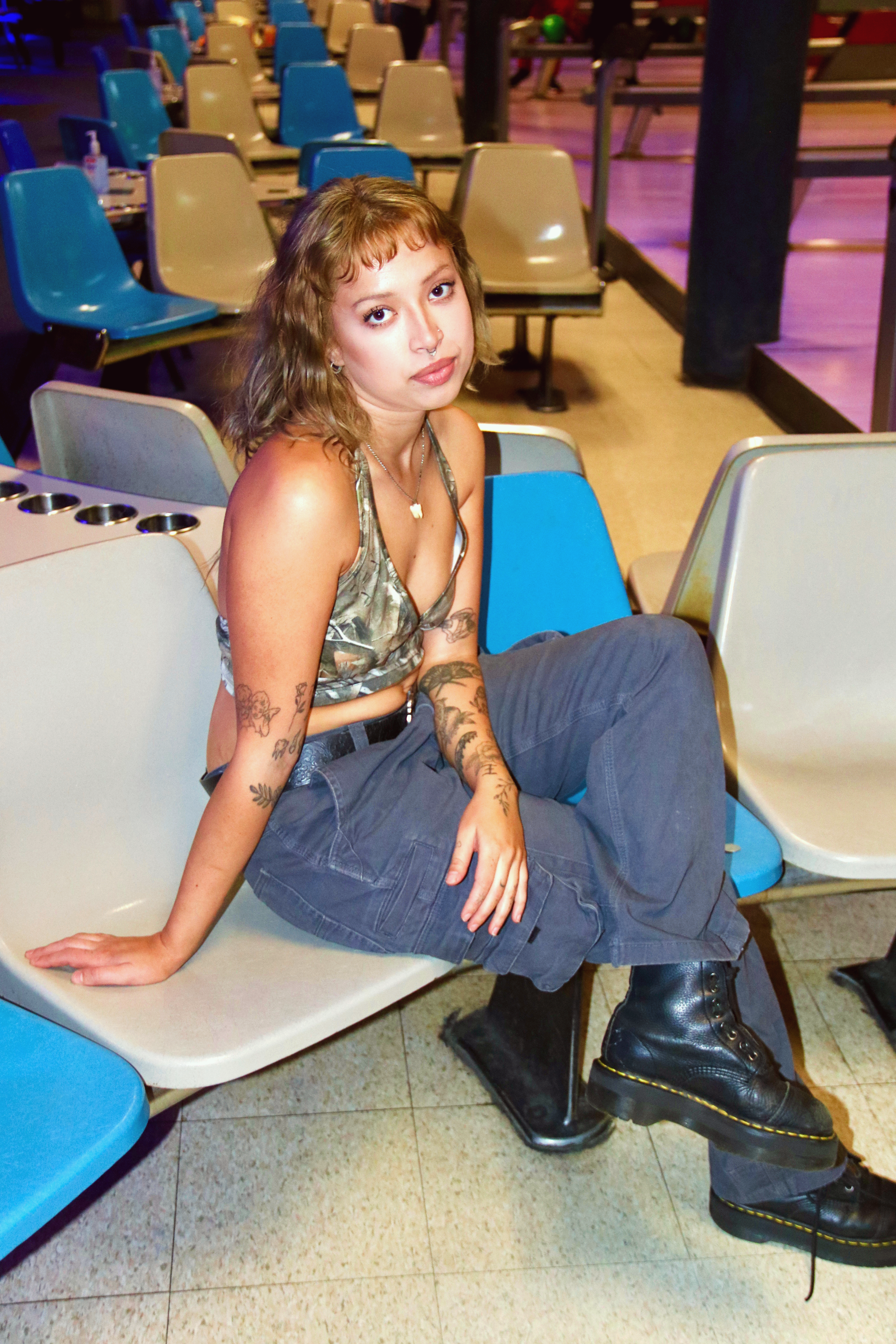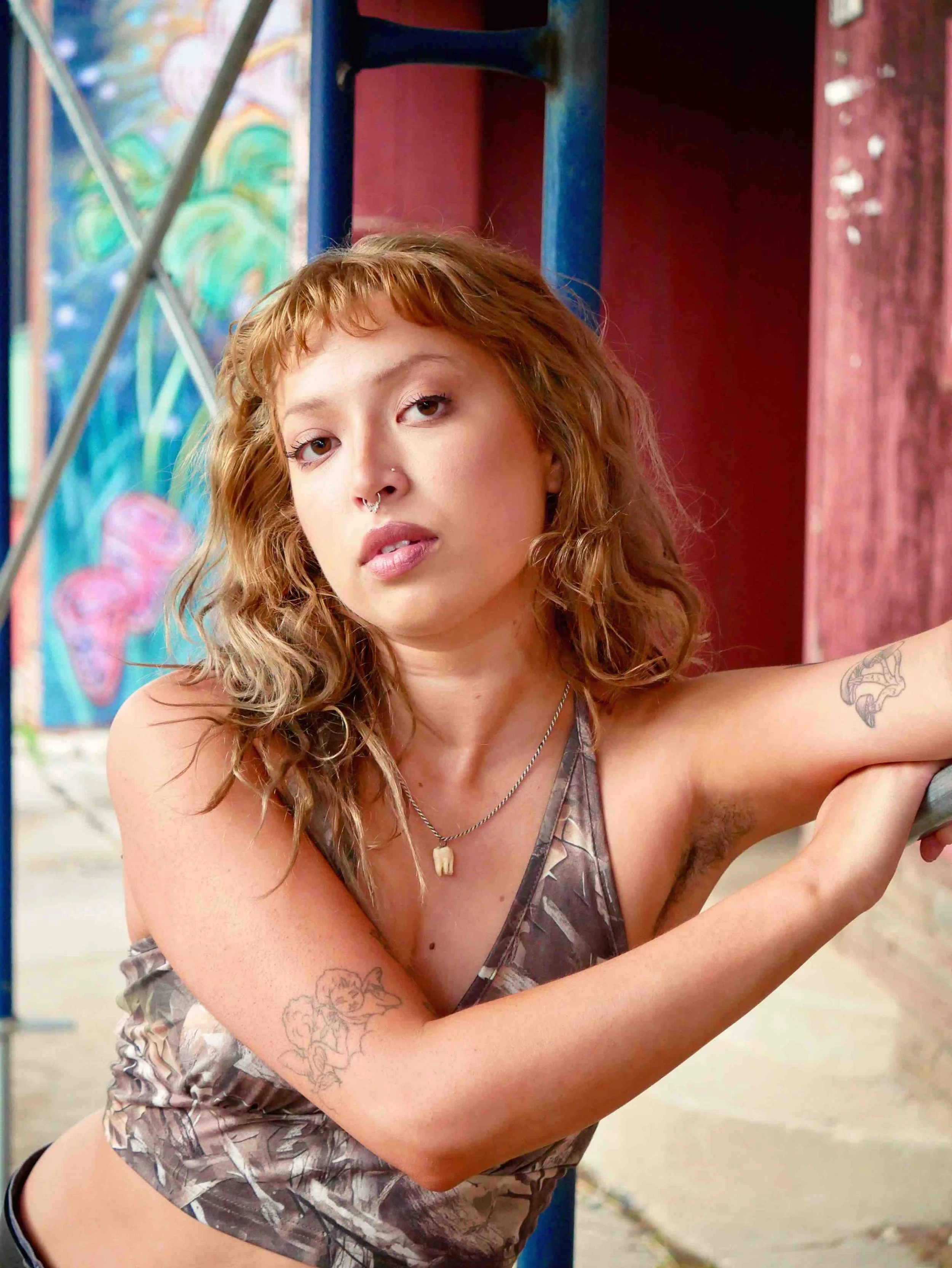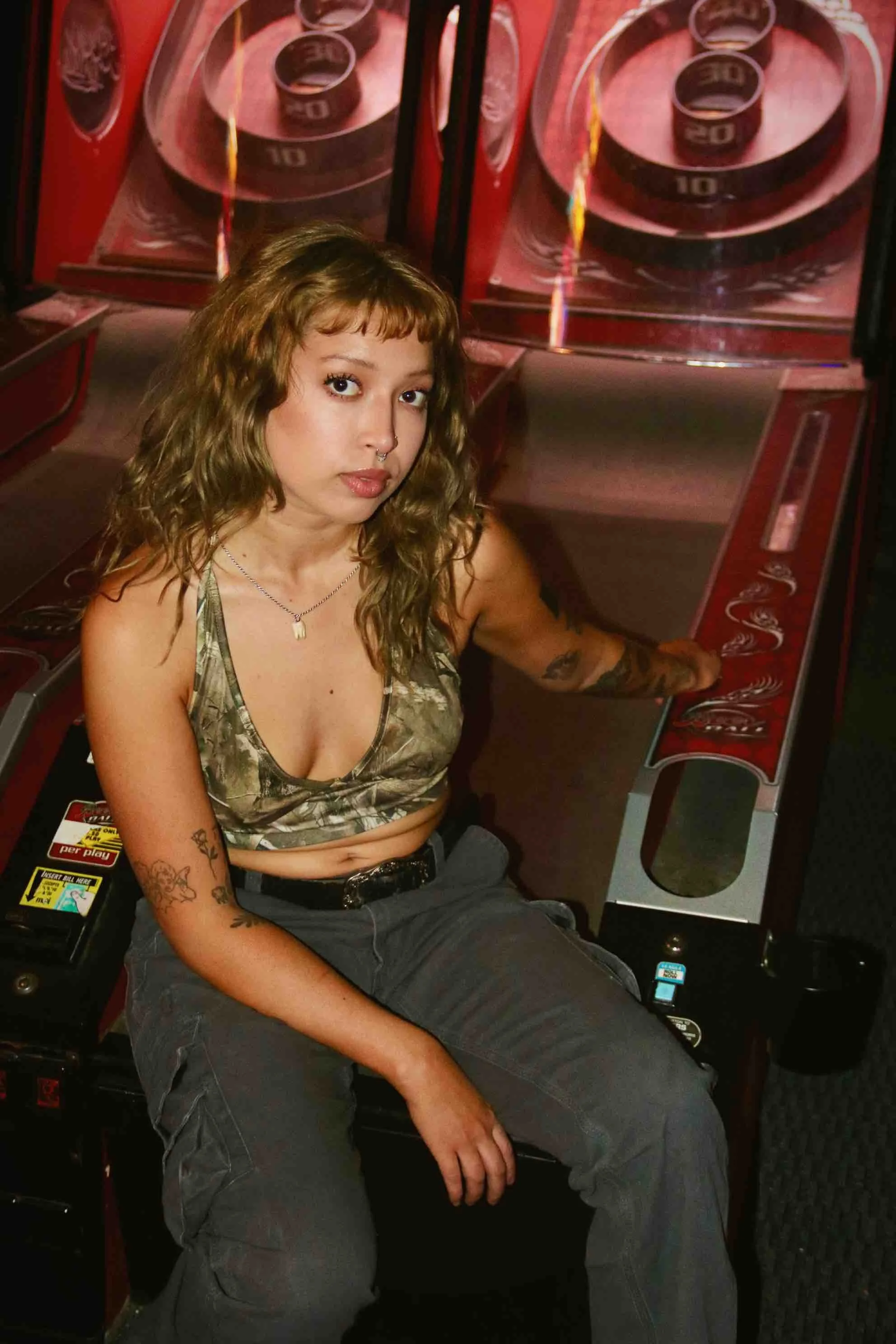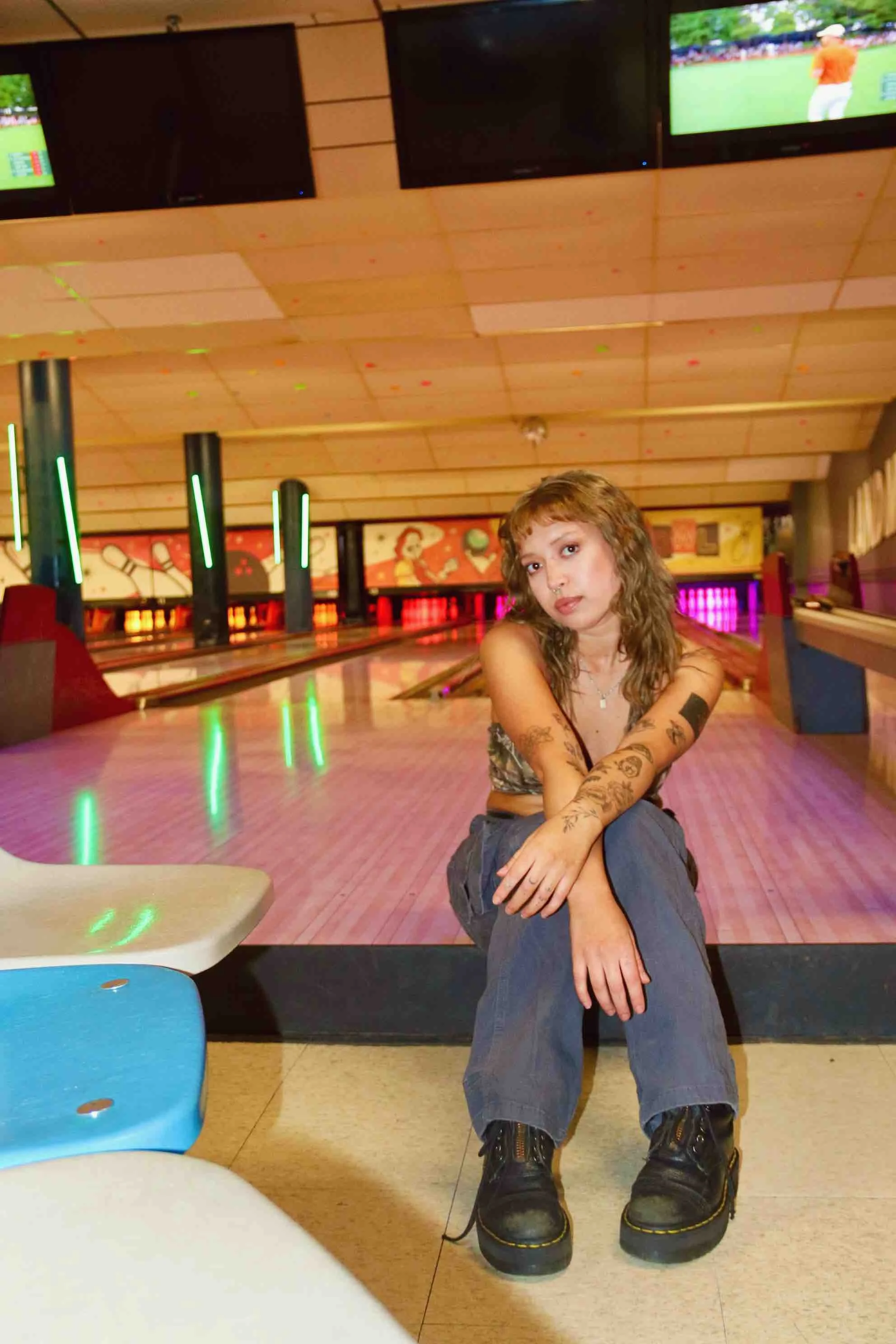TOGETHER WE CAN HELP ARI WITH COLLEGE TUITION & CHILDCARE
/We asked Ari to write her own story. . . But as a community, we can turn the page together. It takes a village.
From the /CW Fam
My name is Arianna Theresa Shelander. I am 21 years old. A single mother of twin boys, Huey & Riley, who are one year old. They were born on June 17th, 2024. I delivered at 35 weeks, one month premature. I was confined to the hospital for a week after having them. Huey, my firstborn, came home when I did. Riley, the younger twin, stayed in the NICU for a week due to having difficulties swallowing. The experience was depressing. The separation anxiety and guilt I had only been able to take one of my children home, was devastating. I was a first-time mother of twin premature babies, which requires a different amount of care compared to a full-term birth.
At first, I was unaware of the need. I had no guidance on true motherhood . Postpartum had gotten to me, and again I was unaware. My kids weren’t dressed properly for the weather at their first appointment [who knew that babies needed layers even in June?]. They dropped in weight after leaving the hospital. My mother wasn’t around to let me know. I was 20 with 2 babies. It was scary. I constantly questioned myself: Am I doing this right?
I eventually found out that I had been experiencing postpartum psychosis. It’s similar to PPD (postpartum depression). I was not in my right mind after having my kids. Also, due to the drop in hormones I fell into a psychotic episode. Once Riley came home from the hospital, I was hospitalized for 3 days to stabilize my mental condition. After having two seizures post birth, due to high blood pressure, extreme blood loss, and hospital negligence. [This is a narrative many Black women face during maternity, and some instances even result in death]. But I don’t want to be just another sad story. I want to face the battle head-on, earning a better life for myself, so I can provide my children with the stability & foundation I never had.
I’ve been trying my best, but I still struggle with some depression, guilt, unhealed trauma, and attachment issues. Due to domestic violence, I am a single mother [Again, a narrative that seems repetitive in my community]. Overcome by his alcoholism, the father of my children got blackout drunk one night, and tried to kill me [the twins were 3 weeks old]. He trashed my apartment, broke my phone, a window, and almost choked me to death. This was not his first time putting his hands on me. He was controlling me, my decisions, and finances. I made so many sacrifices for a man who wasn’t willing to change. That’s still hard for me to stomach.
I have found a few places that had resources, and a small village has started to grow. WE have just barely made it. A full-time student, a mother of 2, with a tumultuous childhood. My mother, Lisa, a bi-racial woman in a white family, passed away in a car accident when I was 16. She had 8 kids. I'm the 7th of that 8. Four boys, four girls. . . .Brandon, Jackie, William, Derek, Brianna, Azaria, Arianna, and Keaton. I, being one of the youngest, have always felt the most abandoned. She struggled with addiction and became a crack addict.
My siblings all have similar messed-up stories. We all have different dads [take that how you want]. Six of my siblings were adopted into the family, and two were adopted out of the family. I was adopted by my aunt Penny. For years, I hated my mother; I blamed her for everything. Until I got older and understood things differently. She died before I knew her for real. Now again, my aunts and uncle are all white…My uncle was raping my momma for years. I can’t imagine what my mother went through growing up. My aunt Penny, who “raised” me, is my mother's older sister. The “scandalous” details of her birth, a white woman [my biological grandmother] cheated on her husband [with a black man, my biological grandfather], then released allegations saying she was raped.
But it doesn't end there, my father is incarcerated due to the sexual assault of me and his niece. I was in foster care and group homes till the age of 18. I am now Arianna Jane Petrie [a name that still feels like an eraser of my true identity]. My aunt changed it because she felt my name was “ghetto”, when she adopted me at 4 years old. The last name Petrie has no kin to me. I’ve been unable to change my name back to my original [the cost that has always been too steep for my financial situation].
I was abused mentally, physically, and emotionally by my aunt & family. I was being racially attacked, beaten, and starved. Which did cause mental distress. I started self-harming at the age of 11. When I was 11, I was sexually assaulted for the second time. By my cousin’s boyfriend. I self-harmed until I was about 16. Around that time was my first suicide attempt. I was taken from my aunt's house at the age of 13, because she beat me with a mental cane, and even though there were multiple police reports/ cps visits, I finally got removed from her care after she fractured my wrist and broke my finger.
From the age 13-18 I was moved pretty much every month. I was placed in a group home after, group home. No “parents”, just staff 1st shift, 2nd shift, 3rd shift. . . then the owners. We were the kids everyone gave up on, for whatever your circumstances. Every adult in my life who was supposed to protect me did the exact opposite. The things I saw and experienced as a child, as a teen, as a human needing guidance, still affect me to this day. I had to teach myself what I know now, learning the hard way, making mistakes, attempting not to be what the world expects me to be. I had to choose, and it’s still a choice every day to not become a statistic. A statistic of the Black community and of my family. I chose better, I’m choosing better.
Despite all of this, I graduated from high school. I completed my freshman year at MIAD (Milwaukee Institute of Art and Design). My 2022-2023 year, I took a leave, because in the school environment I experienced microaggression, very obvious discrimination, and other situations that felt racially charged. To this day, I struggle with identity issues, mental health, and some traces of postpartum. I still have PTSD, anxiety, ADHD, and a fear of abandonment. But I have to succeed for my kids.
Since MIAD is a private school, the state of Wisconsin won’t approve my childcare. They are also trying to cut my financial aid, due to my grades dropping from unforeseen circumstances. My car broke down before I started school again in January. When my kids were only 6 months old. So the only transportation I had was the bus. Frigid temperatures, raining and snowing, my babies had RSV twice. The school wasn’t too accommodating to the situation. But the choice to be a good mother over coming to classes was a slap in the face. But it's my reality. I can’t leave my kids with my mother or father. No family to step in. No true support system to offer care. For months, not even their dad was around. It was all on me.
So here I am asking for help. Putting it out into the world to see if anybody is willing to assist. To add to my efforts, to do great things. I will graduate from college, so that I can have a career that will allow me to support myself. I will secure a dependable car so that I can transport my children safely. I will work hard to maximize my skills in art & use my professional development that I am learning as a mentee in THE CREATIVE COLLAB | Bronzeville Artist-in-Residency Mentor Program. I will continue to develop my poetry as I use it to tell my story & walk in my truth. I will be the best mother for Huey & Riley. I will be the guidance for them that I never had. I will protect them, provide for them, and love them.
All I need is for you to hear my story & be willing to invest in me, as a member of your community, a fellow human being, and a person who plans on paying it forward, tenfold.




